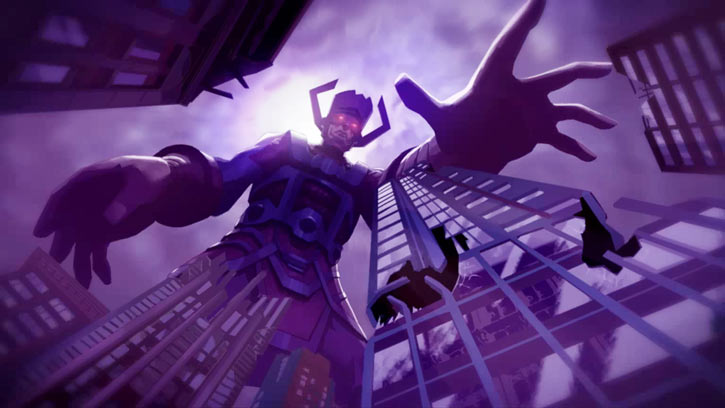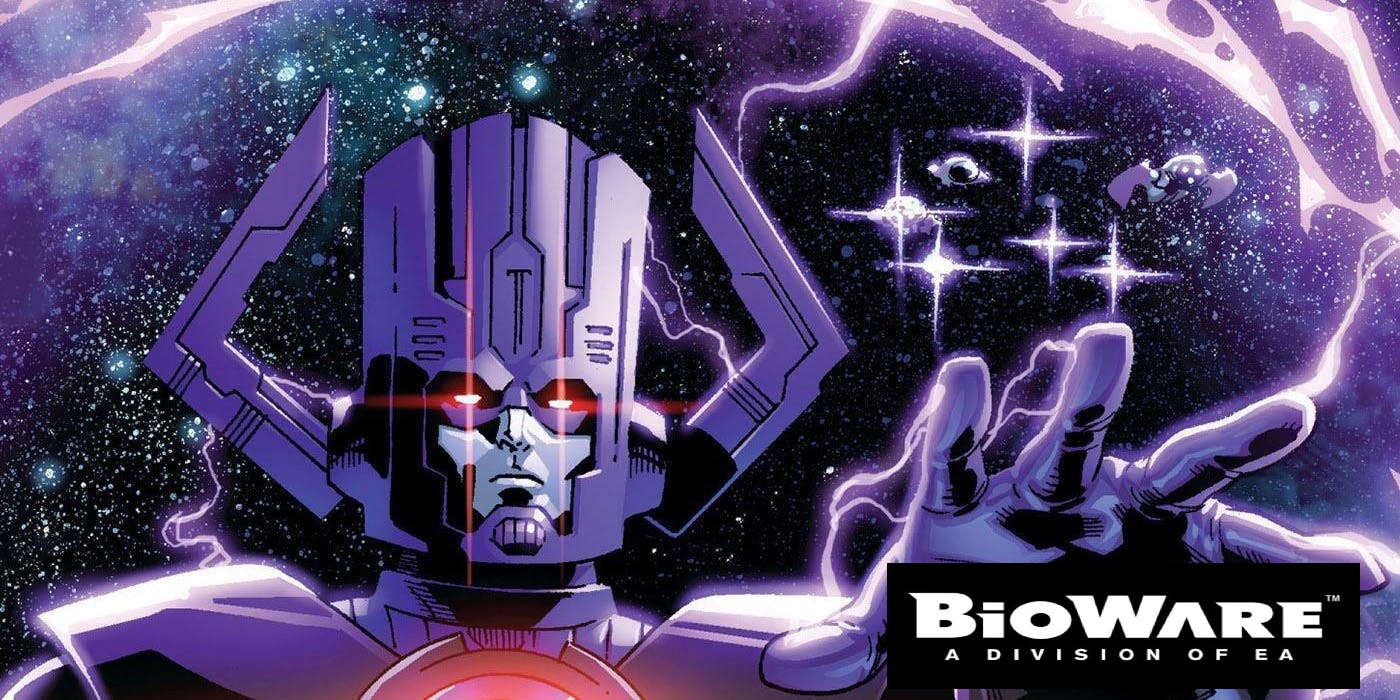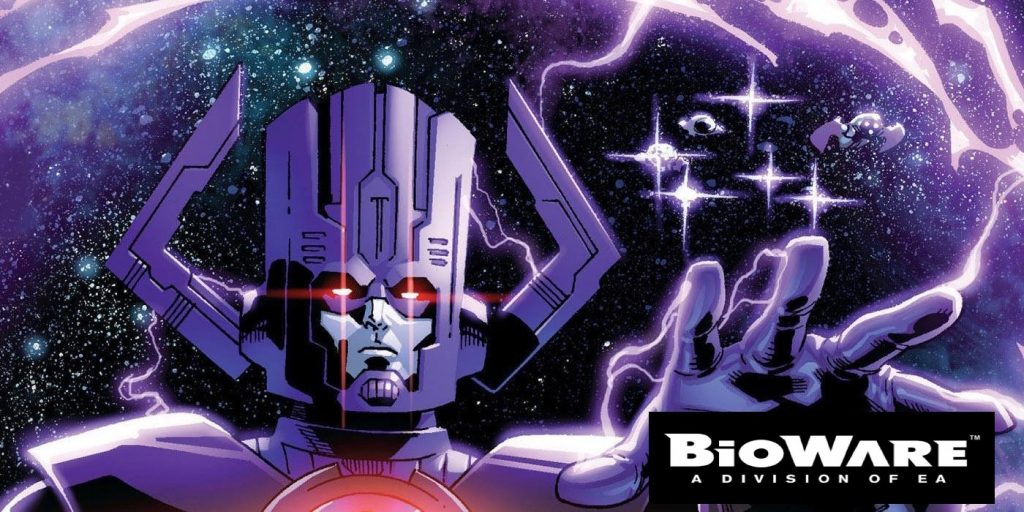
This article originally ran under a different banner/website in March of 2019 and is now being here re-uploaded for purposes of convenience and consolidation. Please enjoy.
LADIES AND GENTLEMEN!!! IT’S COMING!!! IT WILL NOT STOP!!! IT CANNOT BE STOPPED!!! NOT UNTIL IT CONSUMES BIOWARE!!! Hide your Commander Shepherd jackets, Varric replica crossbows, and Darth Malak lightsabers. HIDE YOU COPIES OF BIOWARE GAMES, BEFORE ELECTRONIC ARTS ARRIVES AND CONSUMES THEM ALL!!! While many players are enjoying Bioware’s latest title, Anthem, there is no doubt the game didn’t have the impact Electronic Arts demanded. I fear that EA will look at Bioware just like they did with Bullfrog, Origin, Pandemic, or DreamWorks when they weren’t meeting EA’s expectations. Don’t believe Electronic Arts will close Bioware? Let me refresh you on some history of ELECTRONIC ARTS, THE DEVOURER OF DEVELOPERS AND WORLDS.
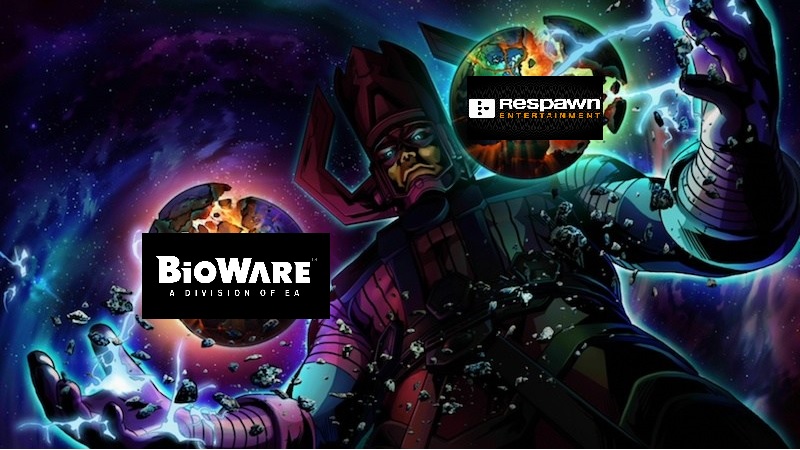
Let’s start with Mythic Entertainment. The studio had carved out its reputation as a skilled creator of MMORPG such as Dark Age of Camelot. With EA eyeing the money Blizzard was making off World of Warcraft, EA acquired Mythic in 2006 hoping they could make a successful MMORPG for them. Unfortunately, like most times EA chased trends, Mythic was not able to get World of Warcraft players to try their MMORPG Warhammer Online: Age of Reckoning. Mythic’s swift end came in 2014 when they released the incredibly vile Dungeon Keeper Mobile. To start, Dungeon Keeper was an IP from Bullfrog studio, another studio consumed and destroyed. Dungeon Keeper Mobile was also blatant in its greed as once again, EA was hoping it could copy the success of Clash of Clans. Like classic Dungeon Keeper games, you are tasked with designing a dungeon to defend your treasure from adventurers, but like Clash of Clan you either waited for rooms or traps to be built or pay for it to be instantly built. Critics and players panned it alike. Dungeon Keeper Mobile became a shining example of the predatory mobile games market has become. EA forced Mythic to defended the insidious microtransactions, just before devouring them in 2014.
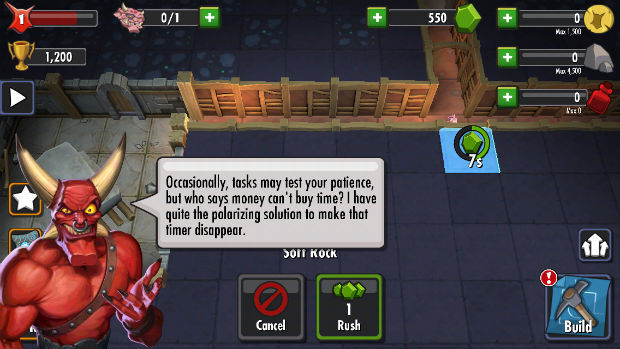
Rewind time back to 1997, the studio Maxis had created a name for itself with titles like SimCity and SimCity 2000. EA then acquired the studio and the two had success with The Sims series, releasing both The Sims and The Sims 2. It wasn’t until Maxis released the 2013 rebooted SimCity, that the studio’s troubles begun. Maxis was a studio that primarily released games that didn’t require an online connection and was woefully unprepared for the task EA had demanded for the SimCity reboot. SimCity couldn’t just be city builder simulation, EA had demanded the game have a forced online connection that would connect your town to other neighboring towns; though many people suspected the online feature was EA’s way to combat the boogeyman known as piracy. In an ironic twist, the servers for SimCity were offline for the game’s launch week, thus creating a great argument for pirating the game altogether. Naturally, EA forced Maxis to defend the online features, placed all the blame on Maxis, and finally, the studio was swallowed whole in 2015. The more things change, the more they stay the same.
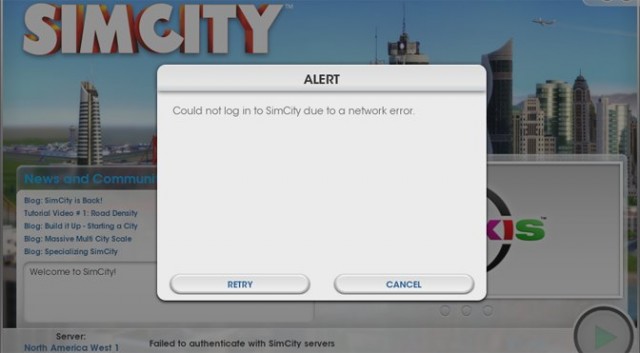
Of course, one can not mention all the studios EA has devoured without mentioning Visceral Games. Visceral Games shook up the survival horror genre with its sci-fi horror Dead Space series. Both Dead Space 1 and 2 were critically acclaimed, but that never satisfied EA’s hunger. EA always had dreams of Dead Space being a cross-media success despite it being a niche horror title. People who played Dead Space 3 can almost feel EA forcibly ring blood from the Dead Space stone. The co-op was bolted on due to co-op being incredibly popular for the time. Dead Space 3 was also one of the first single-player games to have microtransactions in them which according to Middle Earth: Shadow of War is still incredibly unpopular. Word broke out that EA’s fingers were deep into the Dead Space 3 pie and the game was commercially a failure. EA, like clockwork, tasked Visceral Games with crafting Battlefield: Hardline. The studio skilled in crafting single-player story-driven games was not up to the task of creating a cop and robbers-themed multiplayer-focused games. Battlefield: Hardline flopped and EA consumed the studio. Visceral Games was not the first of EA’s victims and they certainly will not be the last.
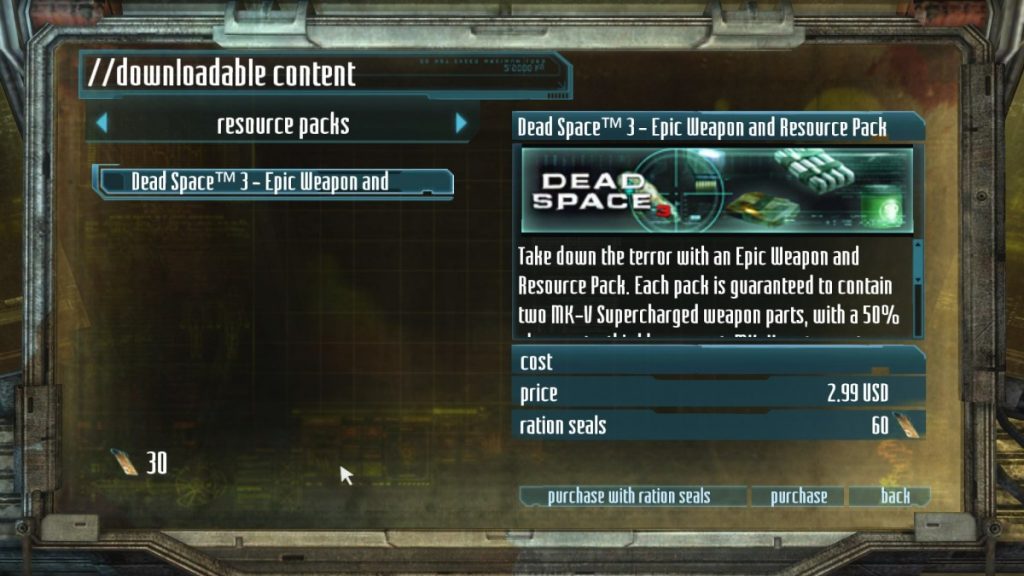
Many Bioware employees, including Michael Gamble and Casey Hudson, have taken to Twitter to state they don’t believe Bioware is on the chopping block. While I can agree with them that Bioware isn’t going to be devoured by EA anytime soon, I can’t deny the writing is on the wall. Sure, EA knew Anthem wasn’t going to be complete at launch, as all live services games aren’t looking to give you the whole experience now, but over the course of a larger lifespan. That being said, if Anthem doesn’t keep players returning as EA wants them to, I have no doubt Bioware will find the maw of the beast standing right behind them. It will be too late to run as EA will open its gaping jaw to swallow the studio whole. With Bioware destroyed, I have no doubt the worlds of Mass Effect and Dragon Age will perish with it.
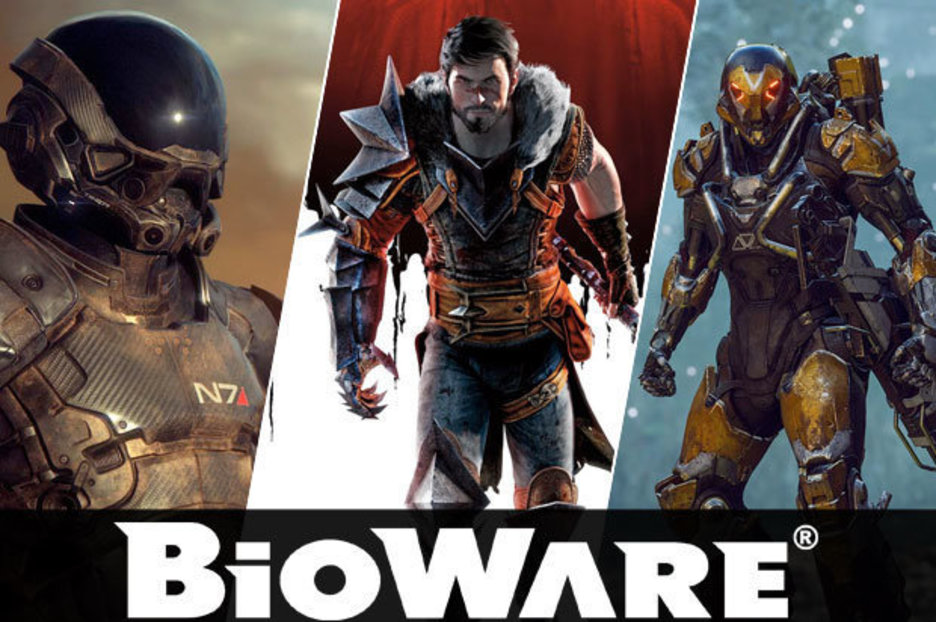
It might be too late for studios like Bioware and Respawn Entertainment, but it might not be for other studios. I am sure many think Respawn is safe with the recent Apex Legends, but I fear it won’t be long until EA forces Respawn to make a Dark Souls-inspired game and consume them when they aren’t up to the task. I can only hope other developers see the writing on the wall when it comes to publishers like EA. I know Bungie saw it and was able to successfully escape the grip of Bobby Kotick. These publishers don’t help developers, but only force them to take part in scummy business practices only to lay them off after loyally following orders. These vampiric publishers are not looking to help you create art, but are merely hoping you will invite them in so they can suck all the blood out of the studio; It should be obvious, now, more than ever. Week after week, we see more and more lifeless corpses of studios tossed aside once the publishers have bled them try. Will this lead to better games? I argue no; especially since EA’s biggest hit, has been Apex Legends, a game Respawn claims EA had no hand in. For now at least. I truly hope many developers turn away opportunities to work for companies like Activision-Blizzard, Warner Brothers, Take-Two Interactive, and of course Electronic Arts … or else the end will be nigh for the games industry.
